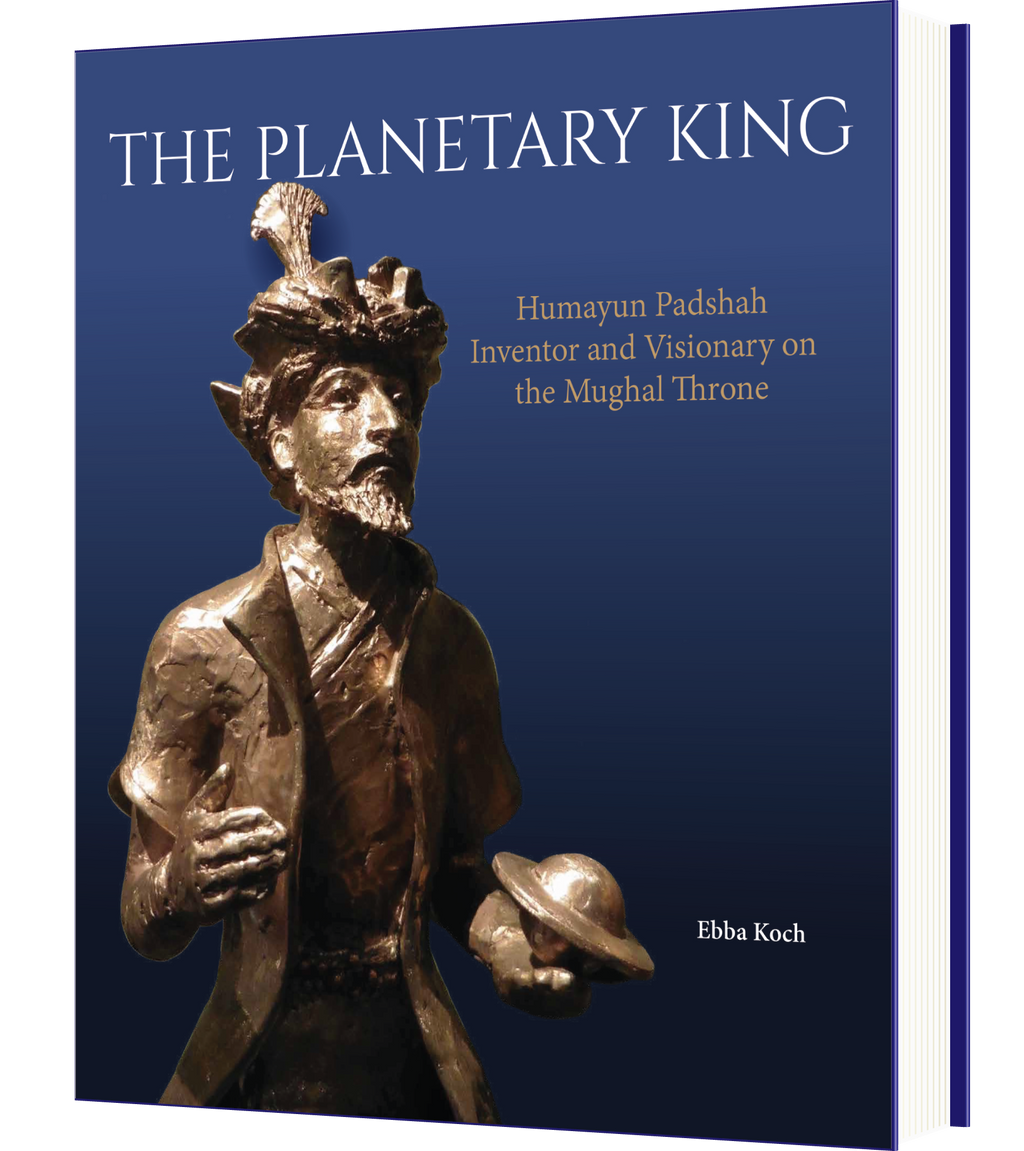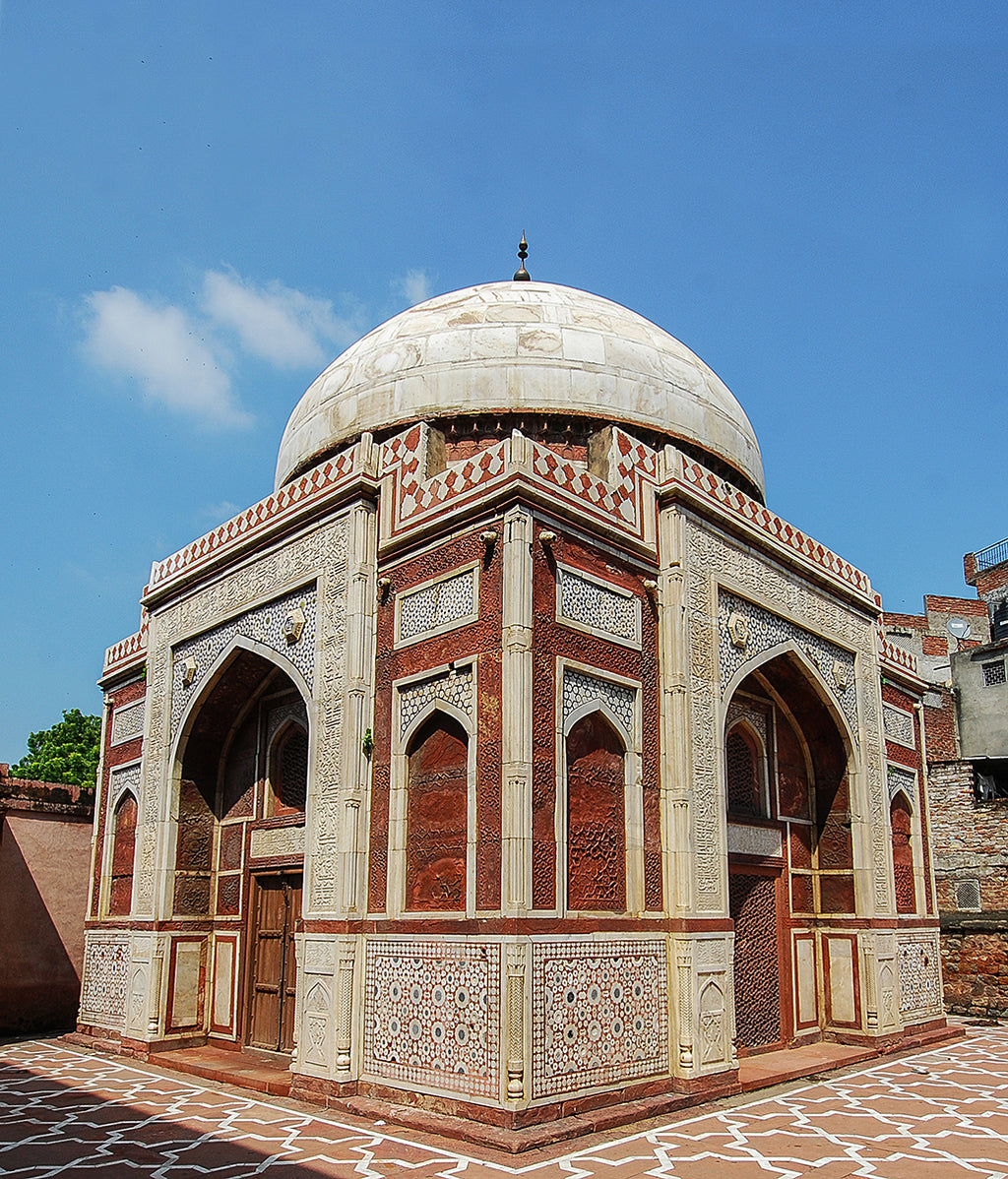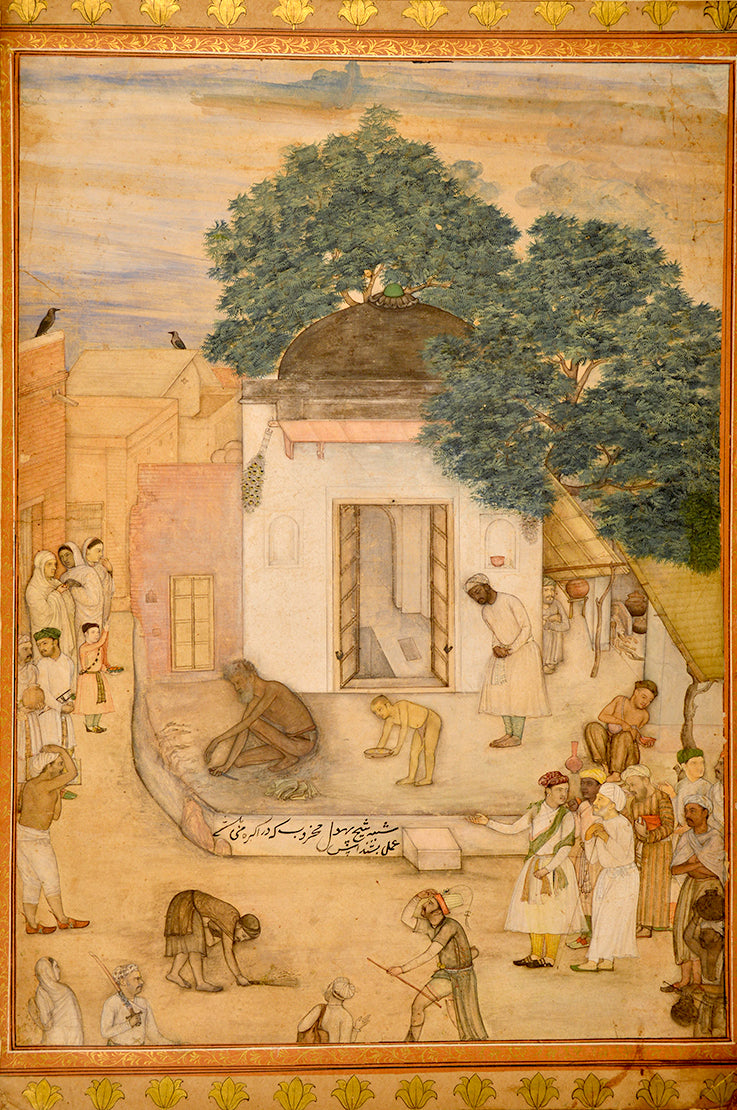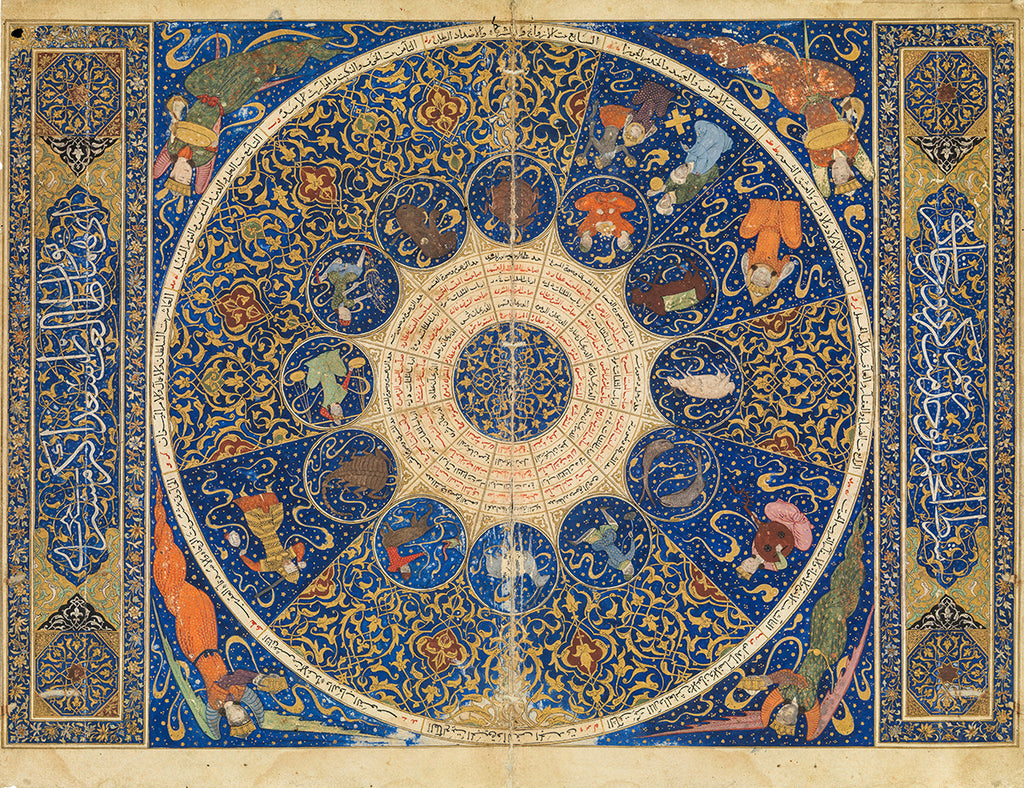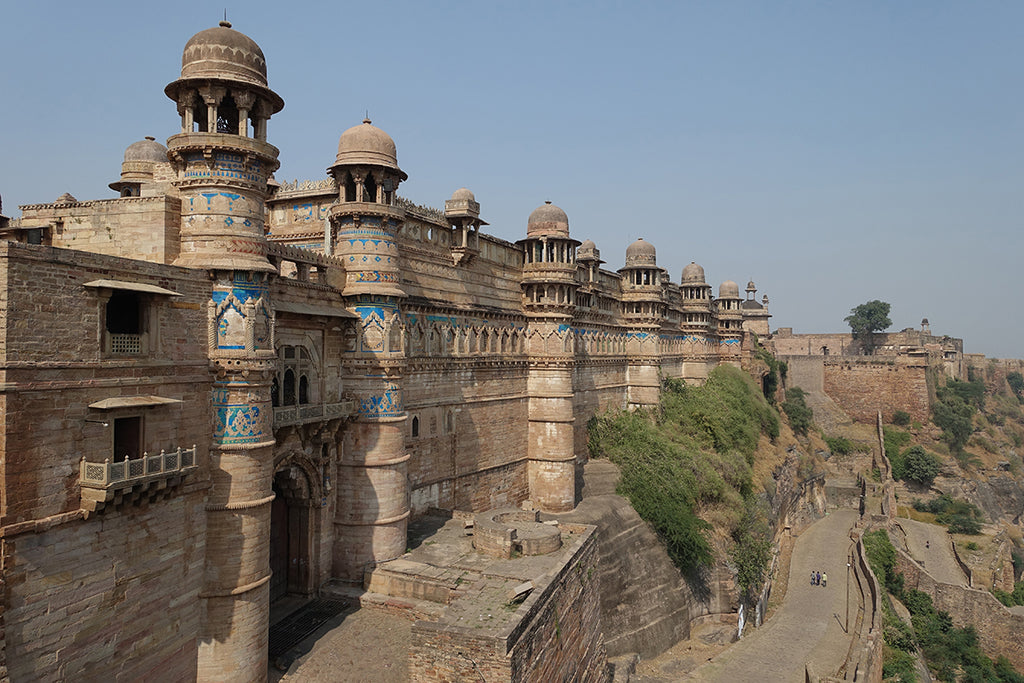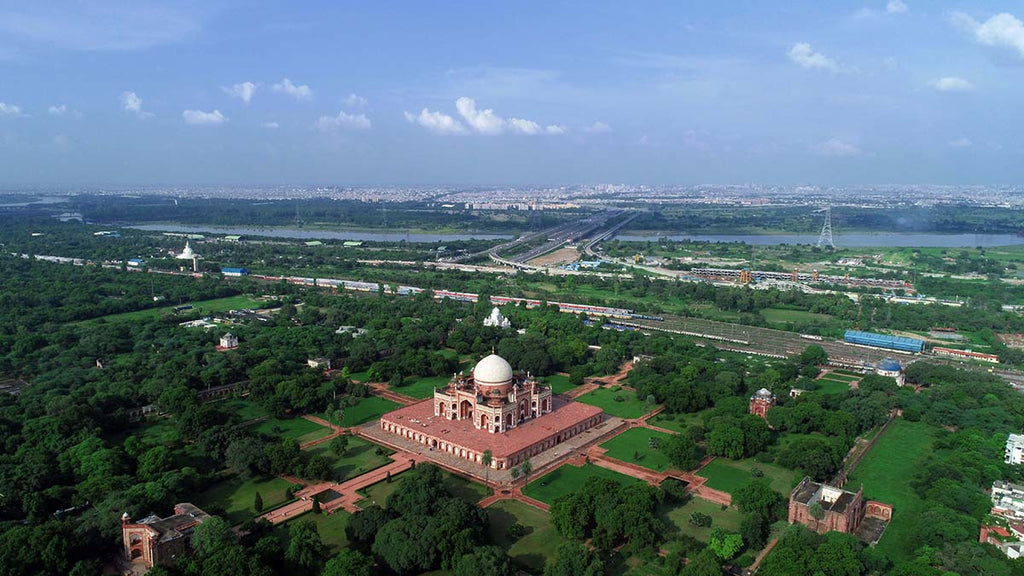The Planetary King
Humayun Padshah, Inventor and Visionary on the Mughal ThroneA seminal inquiry into Humayun’s personality and his remarkable cultural achievements, The Planetary King restores the second Mughal emperor to his rightful place. “Professor Koch has brought her unparalleled knowledge of Mughal history and artistic culture into a sharply penetrating focus on Humayun’s career and his many contributions to architecture, science, and literature besides his role in creating a Mughal ruling ideology.”—R. D. McChesney, Professor Emeritus, New York University “In this sumptuous book, studded with fine paintings and incisive commentary, Ebba Koch, the foremost historian of medieval Indian architecture, has unpacked Humayun’s complex personality...”—Shahid Amin, India Today “...combining visual appeal with engrossing text to provide a wholesome reading experience.”—The Week “The Planetary King contributes to furthering the understanding of Humayun”—The Indian Express Full reviews:India TodayThe Indian ExpressLA JOURNAL of LANDSCAPE ARCHITECTURE
- Category: , All Books, Art, Christmas Gifting...
The Planetary King follows Humayun’s travels and campaigns during the political and social disturbances of the early sixteenth century. It delves into Humayun’s extraordinary social and intellectual life; demystifies his magico-scientific world view, draws attention to his deep involvement with literature, poetry, painting, architecture, mathematics, astronomy, astrology, occultism and extraordinary inventions; and offers a new analysis of Humayun’s mausoleum as the posthumous sum of his visions and dreams.
Bringing this fascinating exploration to life in vivid detail, this volume includes hundreds of beautifully reproduced photographs and illustrations—from reconstructions of Humayun’s buildings to depictions of live events. The book accompanies the new site museum at Humayun’s tomb created by the Aga Khan Trust for Culture upon the culmination of two decades of conservation work on the World Heritage Site.
Ebba Koch, pre-eminent art and architectural historian, has been a professor at the Institute of Art History in Vienna, Austria and has taught at the universities of Oxford and Harvard. She specializes in the art and culture of the Great Mughals of South Asia and their artistic connections to Central Asia, Iran and Europe and is considered a leading authority on Mughal architecture. In 2016, Koch became the advisor to the Aga Khan Trust for Culture, India. She has published numerous papers in journals and volumes on Indian and Islamic architecture and art, which also address cultural issues of interest to political, social and economic historians. Her volume The Complete Taj Mahal (2006/2012) has become the standard work on the subject. She recently edited together with Ali Anooshahr the collective volume The Mughal Empire from Jahangir to Shah Jahan (2019).
• Introduction
• Part I: The Planetary King
• Assessments of Humayun
• Humayun’s Life
• Part II: Humayun’s Inventions
• Interests
• Inventions
• Humayun’s Court: Reality or Literary Utopia?
• Humayun and the Construction of the Mughal Myth: The Emperor as Sun King
• Humayun as Founder of the Mughal School of Painting
• Humayun’s Buildings
• Gardens and the Attitude to Nature
• Part III: Humayun’s Tomb: Invention and Memorial of the Padshah
• The Architect and the Key Design
• The Garden and its Subsidiary Buildings
• The Mausoleum
• Conclusion
| ISBN | 9789385360985 |
| Pages | 384 |
| Number of photographs | 273 |
| Size | 9.75 x 11.75” (247.6 x 298 mm), hc |
| Date of Publishing | Fall 2022 |
| Language(s) | English |
| Co-publisher(s) | Co-published with Aga Khan Trust for Culture |
| Rights Available | World rights |
—R. D. McChesney, Professor Emeritus, New York University
“In this sumptuous book, studded with fine paintings and incisive commentary, Ebba Koch, the foremost historian of medieval Indian architecture, has unpacked Humayun’s complex personality...”
—Shahid Amin, India Today
“...combining visual appeal with engrossing text to provide a wholesome reading experience.”
—The Week





